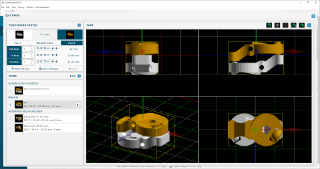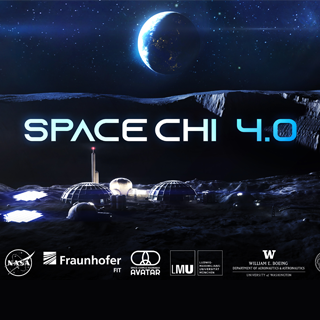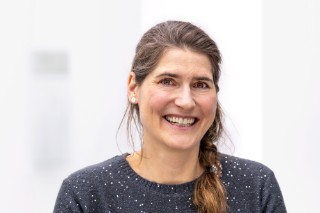
How can heterogeneous energy portfolios be optimized based on economic criteria, and how can energy networks be planned efficiently? Fraunhofer SCAI will showcase current research and deployment-ready software solutions at E-world energy & water in Essen from February 10 to 12, 2026. These solutions support key tasks across the energy industry in practical applications.
more info







